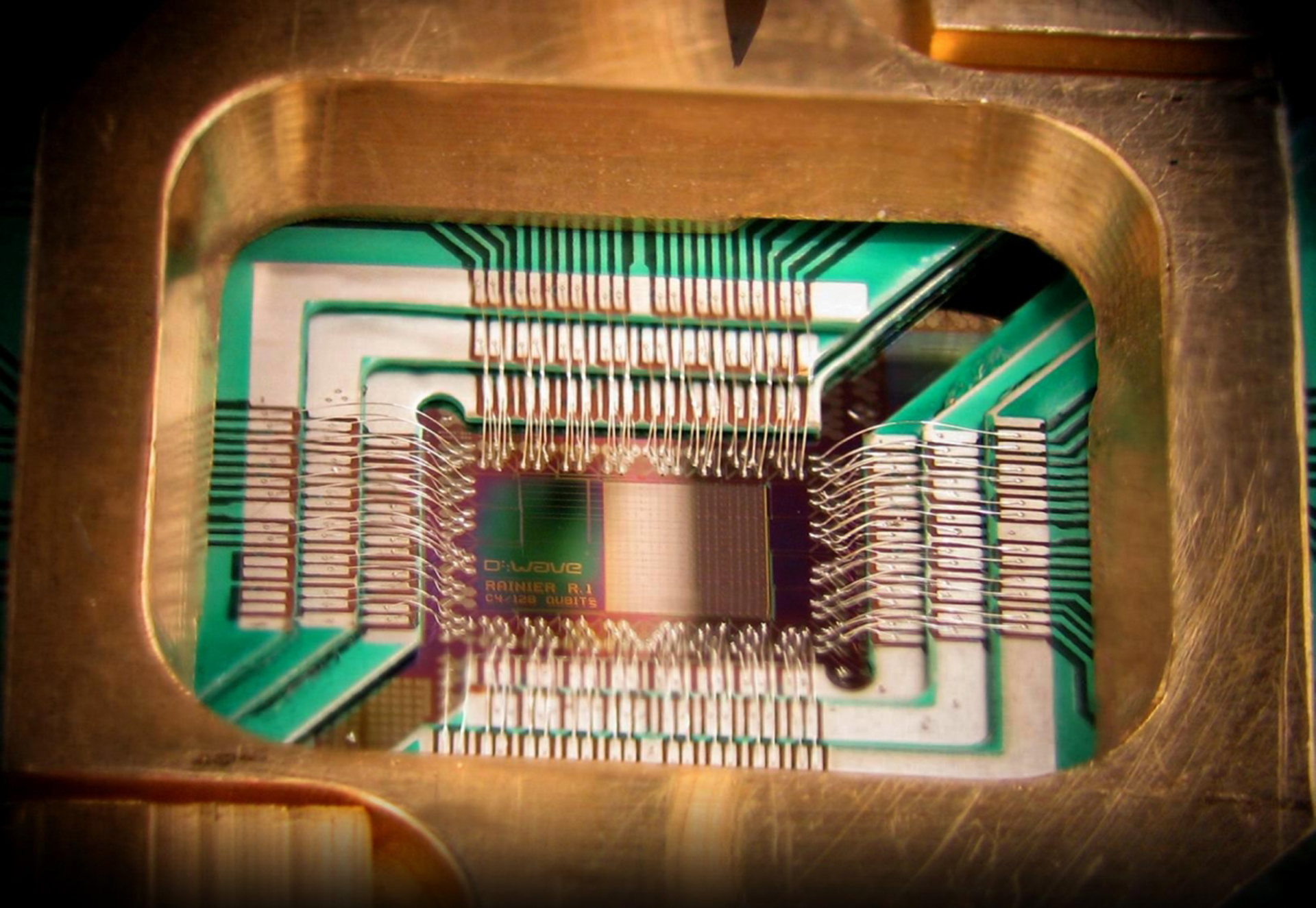 CQN students develop puzzle game to help explain quantum computing
CQN students develop puzzle game to help explain quantum computing
This spring, "Ant-Man and the Wasp: Quantumania" premiered in movie theaters across the U.S. The movie depicts a "quantum realm" – a world among subatomic particles. While the ideas in the movie differ greatly from the current scientific consensus of the quantum world, applications of quantum mechanics aren't just fantasy; physicists around the globe are applying quantum principles to create powerful quantum computers that outperform conventional computers.
Quantum computers hold the promise of revolutionizing computing. Unlike conventional computers, they take advantage of quantum-mechanical effects that seem to fly in the face of how humans typically experience the world. Because quantum computers follow an entirely different set of rules than traditional computers, they can solve certain problems exponentially faster.
University of Arizona students have developed a computer game to make complex quantum computation concepts easier to grasp. The game challenges users to arrange puzzle pieces into a shape that models a quantum computing circuit. The game was designed to teach students, and even quantum researchers, an unconventional model of quantum computation.
Location
Tucson, Arizonawebsite
Start Year
Microelectronics and IT
Microelectronics, Sensing, and IT
Lead Institution
Core Partners
Fact Sheet
 CQN students develop puzzle game to help explain quantum computing
CQN students develop puzzle game to help explain quantum computing
Location
Tucson, Arizonawebsite
Start Year
Microelectronics and IT
Microelectronics, Sensing, and IT
Lead Institution
Core Partners
Fact Sheet
This spring, "Ant-Man and the Wasp: Quantumania" premiered in movie theaters across the U.S. The movie depicts a "quantum realm" – a world among subatomic particles. While the ideas in the movie differ greatly from the current scientific consensus of the quantum world, applications of quantum mechanics aren't just fantasy; physicists around the globe are applying quantum principles to create powerful quantum computers that outperform conventional computers.
Quantum computers hold the promise of revolutionizing computing. Unlike conventional computers, they take advantage of quantum-mechanical effects that seem to fly in the face of how humans typically experience the world. Because quantum computers follow an entirely different set of rules than traditional computers, they can solve certain problems exponentially faster.
University of Arizona students have developed a computer game to make complex quantum computation concepts easier to grasp. The game challenges users to arrange puzzle pieces into a shape that models a quantum computing circuit. The game was designed to teach students, and even quantum researchers, an unconventional model of quantum computation.

